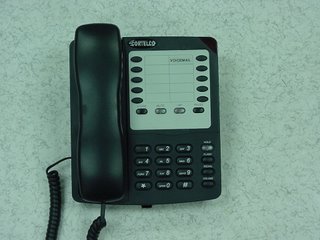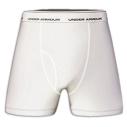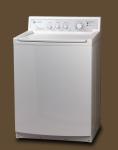Startling... and gross... News
From Netscape: 
Germs don't stick where you think they will:
Go ahead and touch door knobs and elevator buttons. Germs rarely stick around on them long enough to do you any harm. "Never fear a doorknob," Gerba explained to Reuters. Why? They aren't moist, and germs need moisture to thrive for long.
In a typical office, computer keyboards and telephones, especially when they are shared,carry far more bacteria than elevator buttons, the handles and buttons on the communal microwave oven or the office water fountain. "Keyboards are a lunch counter for germs," Gerba told Reuters. "We turn them over in a lot of studies, and we are amazed at what comes out of a keyboard."
There is 400 times more bacteria on the average office desk than on the average office toilet seat.Why? Toilets are cleaned regularly. "Nobody cleans the desktop, usually, until they stick to it," Gerba explained to Reuters.
While the toilet and bathroom door are safe to touch, beware the sink. "They have got everything a bacteria likes. It's wet, it's moist," he told Reuters. "In a home we usually find more E. coli in a sink than a toilet." The dirtiest handles in public restrooms are urinal flush handles in the men's room.
And check this out - for some reason it makes me think of liberal Democrats -


When it comes to germs, dirty underwear is just about the worst thing you can touch, according to Dr. Germ, a.k.a. Charles Gerba, a microbiologist and clean water expert at the University of Arizona.
Here's the real shocker: Your clean underwear isn't much better. There is about a 10th of a gram of feces in the average pair of dirty underwear. Thanks to our propensity to use cold water
when we turn on the washing machine to save wear and tear on clothing and use short wash cycles to save on spiraling energy costs, our dirty laundry is not being properly sanitized, reports Reuters.That means viruses such as hepatitis A, rotavirus and bacteria such as salmonella--all of which are carried through feces--survive not only the wash, but also an average 28-minute drying cycle.
You can kill all those nasty germs if you wash your clothing in hot water. "Water at 140 degrees Fahrenheit will sanitize laundry," Gerba told Reuters. But only 5 percent of Americans use hot water for laundry."
The bottom line? Don't wash the handkerchiefs and kitchen towels with your underwear. And wash your hands after you touch the dirty and clean laundry.









|